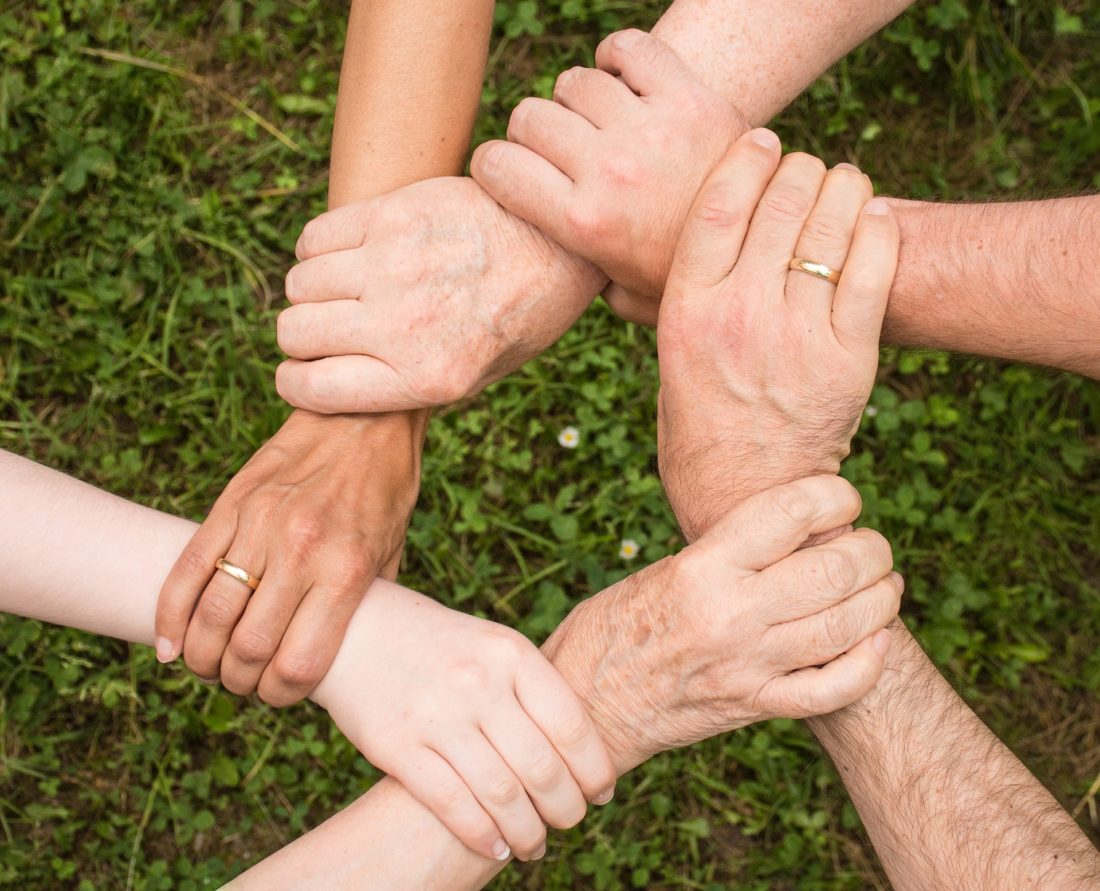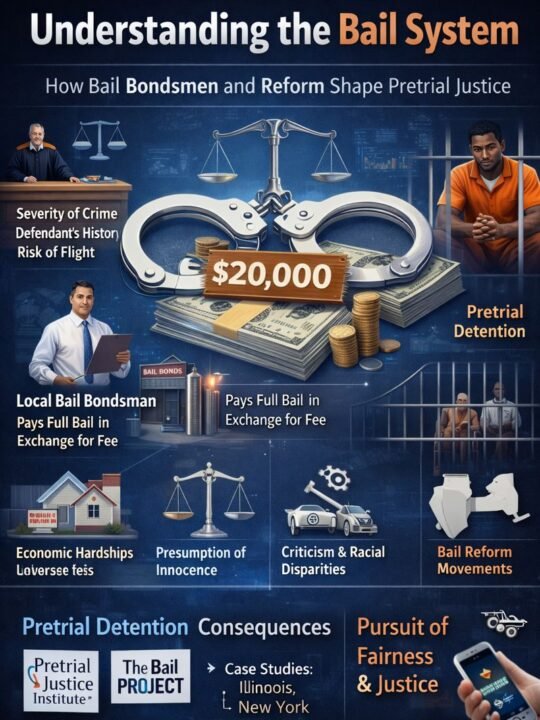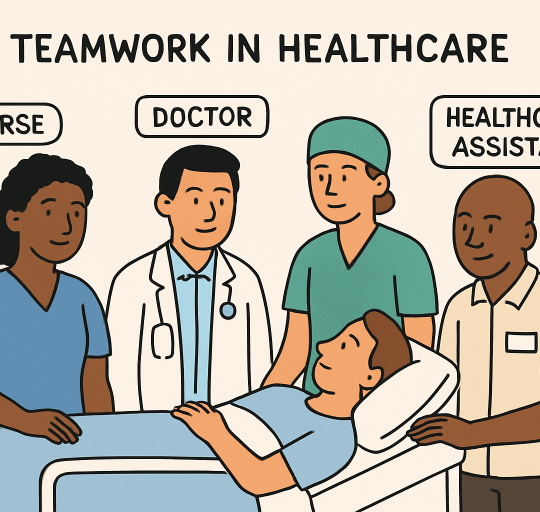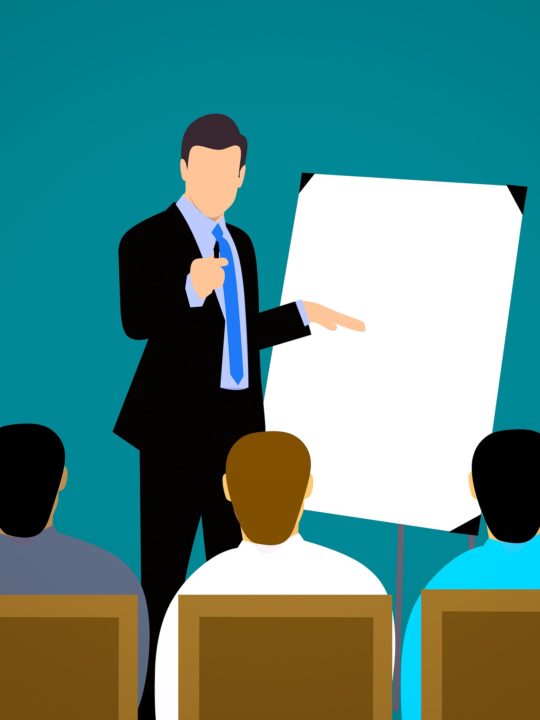
When it comes to supporting good causes, governments, restricted as they are by political concerns, can only do so much. Sometimes the individual vision of committed philanthropists is what’s needed to make a real difference. Most people, however, have only a vague idea about what philanthropy is and how it works. Why do philanthropists do what they do, and what makes some of them better at it than others? How do their efforts impact on the world?
Types of philanthropy
There are several different types of philanthropy, and these are the most common:
- Corporate philanthropy – companies committing themselves to support projects that complement their corporate values.
- Grant provision – making available sums of money to support work in a particular field and encouraging organizations to bid for them.
- Community foundations – providing funding for projects focused on particular communities, usually in a specific locality.
- Giving circles – getting together with other organizations or wealthy individuals to pool money and thereby increase its impact in particular areas.
Donating money
Every charitable organization needs donations, but how you donate can make a big difference. While big one-off donations are always welcome, it can be more useful to an organization to have a guarantee of smaller donations coming in over time, for instance from a trust fund. That’s because this makes it easier for them to plan ahead, manage their funds and use their money efficiently.
Providing leadership
Money isn’t the only thing that charities need. Such organizations are often run by people who are full of good intentions and really work hard but don’t know very much about how to achieve their goals. That’s why many philanthropists also provide leadership guidance and advice, working with the organizations they support to help them do more with the resources they have.
Sharing expertise
It’s natural for philanthropists to take an interest in charities and voluntary organizations whose goals or needs overlap with their fields of business. That means that sharing expertise can be a really valuable way of making a contribution. Such organizations often struggle to access all the expertise they need, so arranging training and helping with policy development makes them much stronger.
Forging connections
Because they tend to be run by well-meaning amateurs, smaller charities often struggle to make the connections that would enable them to grow and access more funding and volunteers. Sharing contacts with them, teaching them networking skills and inviting their representatives to high profile events extends their reach and opens up new prospects for them.
Raising profiles
Philanthropists tend to be people in socially influential positions, and this can be a big help to small organizations, which often rely on social media for all their publicity. Philanthropists can often help to generate high-level publicity for those they support, whether by talking about them in interviews or by directly connecting them with mass media outlets to help them reach new people en masse.
Successful philanthropists
What does it mean to be a successful philanthropist? Anybody can give money away, but ensuring that the money works efficiently for maximum gain requires a certain level of skill. some people are better at it than others, and if you want to make a positive impact with your money, you should endeavor to learn from the best.
- Bill and Melinda Gates – probably the world’s most famous philanthropists and certainly its richest, Bill and Melinda Gates have committed themselves to fighting poverty and disease around the world. Most famously, they have focused on treating and reducing the stigma around HIV, battling malaria with new and established technologies, and working to eradicate polio.
- Joey Horn – consultant financial advisor Joey Horn has been a long-term supporter of Williams College in Massachusetts, where she was once a student. She donated money to enable the building of a new residential hall, making it easier for students to stay on campus, and also volunteered her time to serve as a trustee.
- Leila Janah – A secondment to Mumbai led management consultant Leila Janah to change the way she looked at poverty and to recognize that people in poor countries just want the chance to work and improve their prospects. She subsequently founded two companies aimed at creating microwork opportunities around the world.
You don’t need to be among the super-rich to get involved in philanthropy – what’s more important is your passion, your drive and your willingness to stay the course. If you’re willing to make a serious commitment, you too could transform people’s lives.







